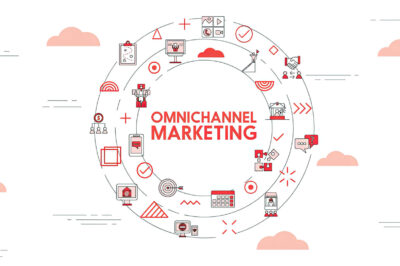
Omnichannel Marketing: A Comprehensive Guide
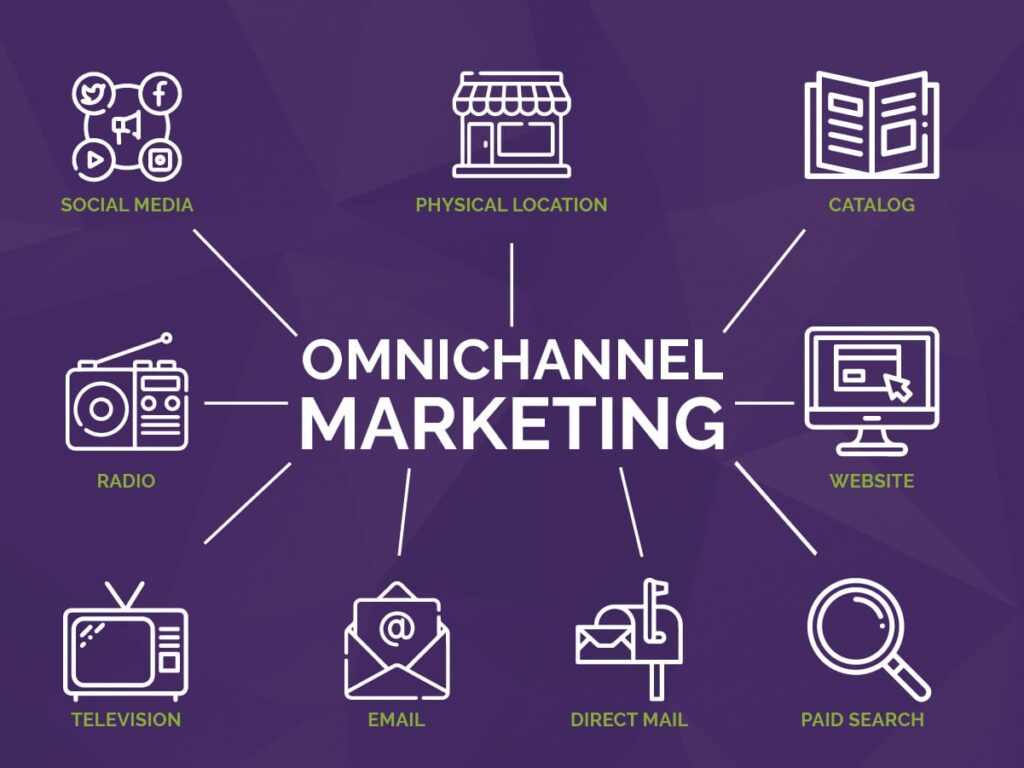
Introduction
In today’s digital age, consumers expect a seamless and consistent experience across all channels they interact with a brand. Omnichannel marketing is a strategy that aims to deliver this experience by integrating all marketing channels, both online and offline, to create a unified customer journey.
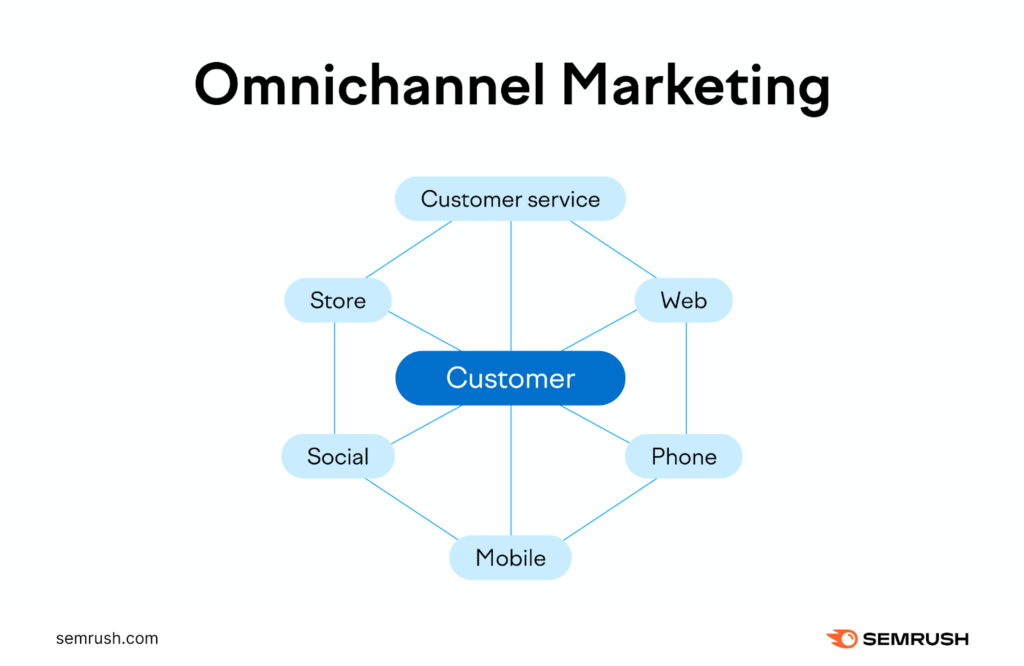
What is Omnichannel Marketing?
Omnichannel marketing is a customer-centric approach that focuses on providing a consistent and personalized experience across all touchpoints. It involves integrating multiple channels, such as:
- Website
- Social media
- Mobile apps
- Physical stores
The goal of omnichannel marketing is to create a seamless experience where customers can easily switch between channels without losing context or having to repeat information.
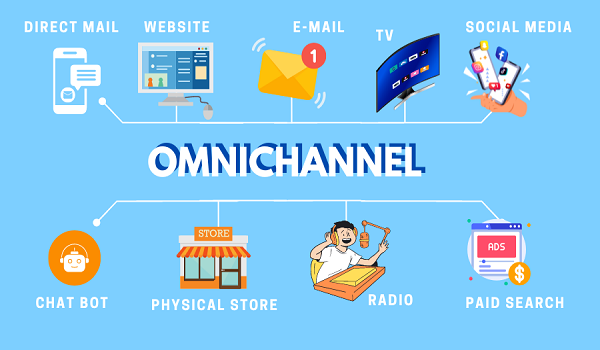
Benefits of Omnichannel Marketing
Implementing an omnichannel marketing strategy offers numerous benefits, including:
- Improved customer experience: Customers appreciate the convenience and consistency of being able to interact with a brand through their preferred channels.
- Increased customer loyalty: By providing a positive and personalized experience, omnichannel marketing helps build stronger relationships with customers.
- Enhanced brand reputation: A consistent brand message and experience across all channels reinforces the brand’s identity and credibility.
- Increased sales: By making it easier for customers to purchase products or services through multiple channels, omnichannel marketing can drive sales growth.
- Improved data collection: Omnichannel marketing allows businesses to collect valuable customer data from various sources, which can be used to personalize marketing campaigns and improve customer insights.
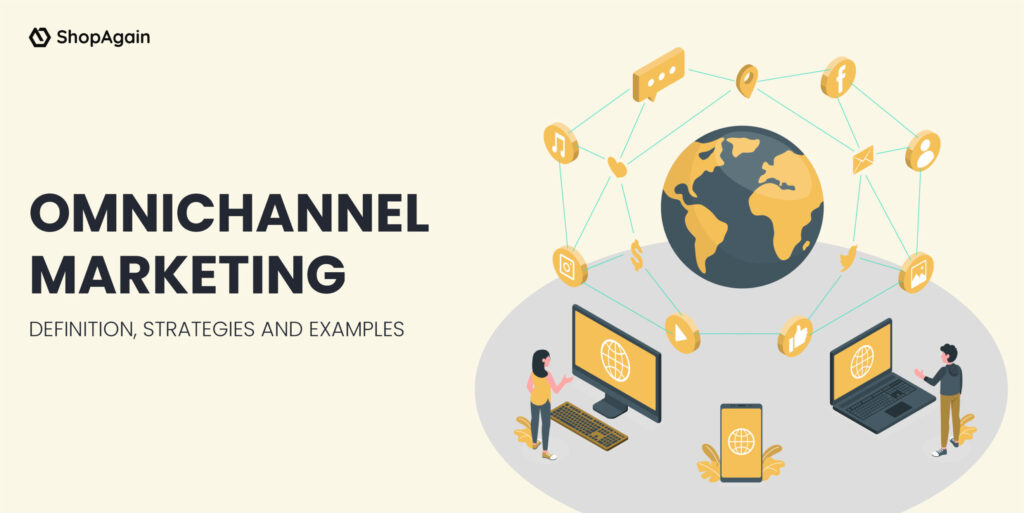
Key Elements of Omnichannel Marketing
To implement an effective omnichannel marketing strategy, several key elements must be considered:
- Customer journey mapping: Understanding the customer journey and identifying key touchpoints is crucial for creating a seamless experience.
- Channel integration: Integrating all marketing channels to ensure consistency and data sharing is essential.
- Personalized content: Delivering personalized content based on customer preferences and behavior enhances the customer experience.
- Data analytics: Tracking and analyzing customer data from multiple channels provides valuable insights for optimizing campaigns.
- Technology: Utilizing technology, such as CRM systems and marketing automation tools, can streamline omnichannel marketing efforts.
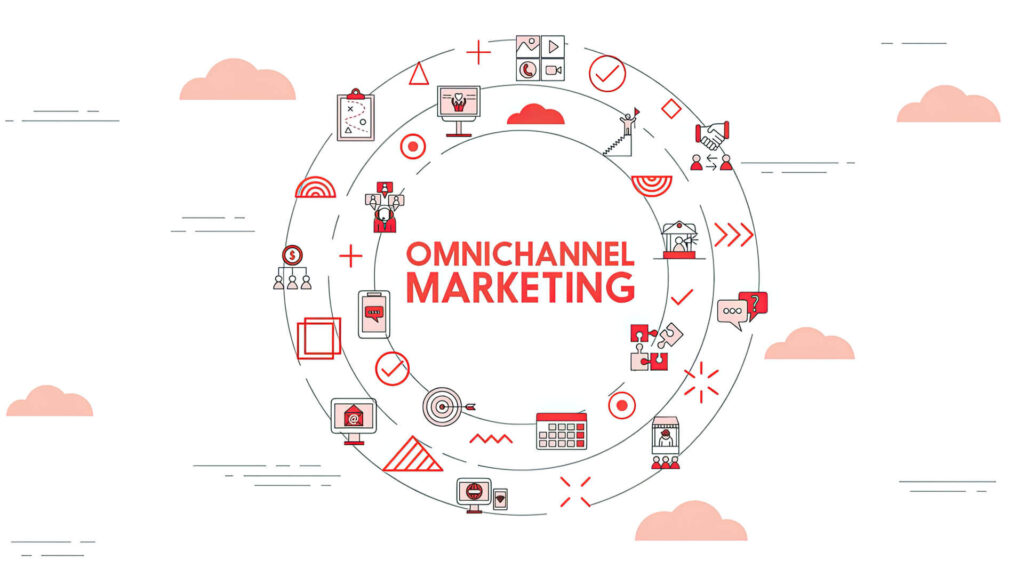
Conclusion
Omnichannel marketing is an essential strategy for businesses looking to provide a superior customer experience and drive growth. By integrating multiple channels and delivering a consistent and personalized experience, businesses can build stronger relationships with customers, increase sales, and enhance their brand reputation. Embracing an omnichannel approach is key to staying competitive in today’s digital landscape.

